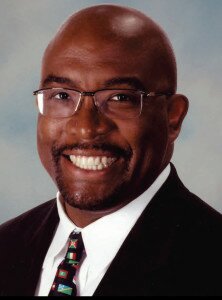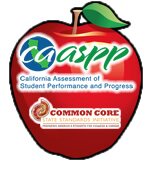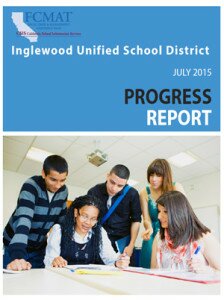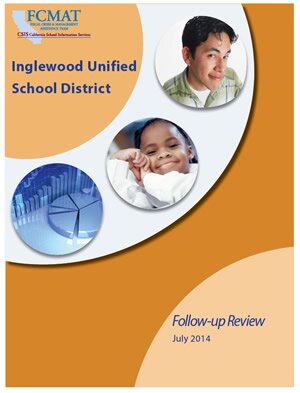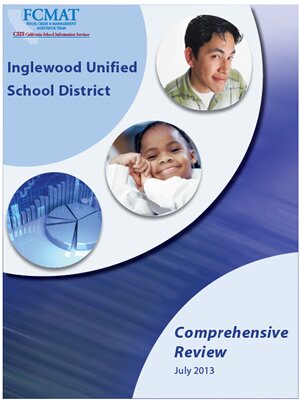A team of talented students from Morningside HS put their interest in Science and Technology to the test as participants in the Jet Propulsion Laboratory Annual Invention Challenge.
This years’ challenge was to create a device that could propel three supplied playground balls to three different targets in less than 60 seconds. Point values were awarded for each successfully completed target. The winning team would be determined by the device which accumulated the most points.
Morningside HS Math and Science Teacher and MESA Instructor Adrian Gonzalez was the advisor for the Project. He explains how being involved in the program helps students become critical thinkers and learn how to value education. “Being involved in team projects like the JPL Challenge enhances students’ social and interactive skills as well as expands their academic knowledge. Their involvement in project design develops their ability to become innovative and creative thinkers.”
Morningside’s student team, the Trajectory8, put in many hours constructing their device for the competition. “We would stay after school from about 3 o’clock until 6:00 or 7:00 at night or until they shut the gate,” said Jesus Iniguez. “It took a lot of hard work and I take a lot of pride in that and my team as well.”
A total of 21 school teams and 2 JPL teams came up with different ways to accomplish this task. The energy sources were varied such as counter-rotating wheels, leaf blowers, surgical tubing, springs, and gravity. The Trajectory8 design was built off a crossbow slingshot mechanism that was very accurate and ultimately propelled this talented team to the finals. “Making it to the finals was a rewarding experience for them,” said Gonzalez. They were involved in the engineering, development, and design of three different hit-the-target machines.
The Challenge is a friendly, yet challenging competition that is open to students from local middle and high schools. Each year, a different engineering challenge is selected. The goal of the Invention Challenge is to show students that math, science, and engineering can be fun.
“We were an underfunded, over talented team and I am really happy with my team and the results,” said Iniguez. “I really like airplanes, the propulsion systems,





